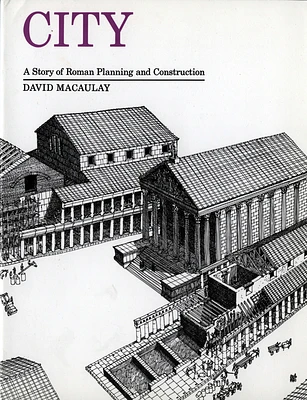Home
Planning as Persuasive Storytelling: The Rhetorical Construction of Chicago's Electric Future
Loading Inventory...
Barnes and Noble
Planning as Persuasive Storytelling: The Rhetorical Construction of Chicago's Electric Future
Current price: $37.00


Barnes and Noble
Planning as Persuasive Storytelling: The Rhetorical Construction of Chicago's Electric Future
Current price: $37.00
Loading Inventory...
Size: OS
*Product Information may vary - to confirm product availability, pricing, and additional information please contact Barnes and Noble
Planning as Persuasive Storytelling
is a revealing look at the world of political conflict surrounding the Commonwealth Edison Company's ambitious nuclear power plant construction program in northern Illinois during the 1980s. Examining the clash between the utility, consumer groups, community-based groups, the Illinois Commerce Commission, and the City of Chicago, Throgmorton argues that planning can best be thought of as a form of persuasive storytelling. A planner's task is to write future-oriented texts that employ language and figures of speech designed to persuade their constituencies of the validity of their vision. Juxtaposing stories about efforts to construct Chicago's electric future,
suggests a shift in how we think about planning. In order to account for the fragmented and conflicted nature of contemporary American life and politics, that shift would be away from "science" and the "experts" and toward rhetoric and storytelling.
is a revealing look at the world of political conflict surrounding the Commonwealth Edison Company's ambitious nuclear power plant construction program in northern Illinois during the 1980s. Examining the clash between the utility, consumer groups, community-based groups, the Illinois Commerce Commission, and the City of Chicago, Throgmorton argues that planning can best be thought of as a form of persuasive storytelling. A planner's task is to write future-oriented texts that employ language and figures of speech designed to persuade their constituencies of the validity of their vision. Juxtaposing stories about efforts to construct Chicago's electric future,
suggests a shift in how we think about planning. In order to account for the fragmented and conflicted nature of contemporary American life and politics, that shift would be away from "science" and the "experts" and toward rhetoric and storytelling.

















